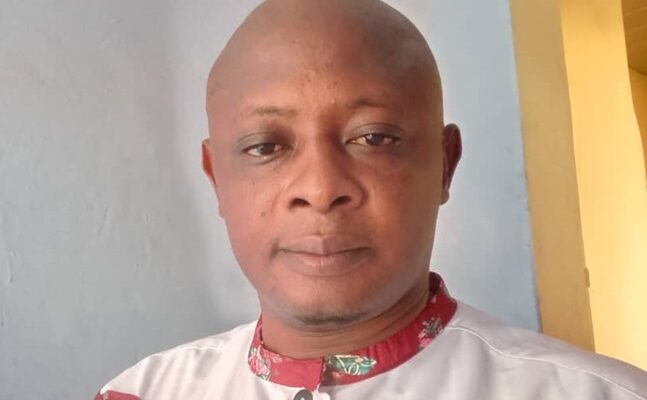Once a sanctuary of statesmanship and moral leadership, Kogi State has now descended into a vortex of political decadence, defined not by vision or virtue, but by patronage, dynastic entitlement, and brazen impunity. Fifty years ago—and even a decade past—politics in Kogi was tethered to service, legacy, and communal progress. Today, that dispensation has evaporated, eclipsed by a malignant system where mafia tactics, political inheritance, and spiritual apathy dominate the terrain.
The shift is not merely regrettable—it is perilous. The ethos of governance has mutated into a cartelized game of thrones, where access to power is dictated not by competence or conviction, but by proximity to entrenched political godfathers. Positions of leadership are no longer earned through merit or electoral legitimacy; they are bequeathed like ancestral property in a grotesque parody of democracy.
This evolution into a plutocratic and nepotistic order is no accident. It is the logical outcome of years of systemic erosion, silence from moral custodians, and a growing desensitization to injustice. Promising young leaders are either ostracized or forced to genuflect before political overlords. Public discourse has become anesthetized, and the civic space is increasingly atomized and polarized.
But perhaps the most insidious casualty in this unfolding tragedy is the disappearance of moral restraint—the fear of God. In a state once grounded in spiritual consciousness, leadership has become profane, hollow, and performative. Religious institutions are relegated to ceremonial functions, offering prayers without prophecy, and presence without influence. God is often invoked in political rhetoric, yet conspicuously absent in political behavior.
This vacuum of virtue has birthed consequences beyond governance. The socio-economic landscape of Kogi now reflects the rot at the political core: stunted development, weaponized poverty, electoral violence, and a disenchanted youth population seduced by survival, not ideals. The state is morphing into what Plato warned: “The price good men pay for indifference to public affairs is to be ruled by evil men.”
Kogi is not merely in decline—it is in existential crisis. And the Igala maxim rings true: “A land that abandons its shepherd invites the wolves.” Our shepherds have either lost their staff or sold it for political relevance. The wolves are now feasting.
What then is the path to reclamation?
Kogi East must undertake a political renaissance—a complete re-engineering of its leadership ethos. It must reject the suffocating grip of political dynasties and mafia cabals. Leadership must be decoupled from inheritance and reconnected to integrity. Governance must transcend transactionalism and embrace transformational service.
This demands moral courage, institutional fortitude, and spiritual revival. Civil society must awaken. Religious leaders must rediscover their prophetic voice. The youth must resist being co-opted as mercenaries in a political war that is not their own. And the media must become more than narrators of decay—they must become architects of truth.
The hour is late, but not lost. Kogi still carries the embers of greatness. What it needs is ignition—a coalition of conscience, competence, and character.
Until then, the eclipse will linger.
– Inah Boniface Ocholi writes from Ayah – Igalamela/Odolu LGA, Kogi state.
08152094428 (SMS Only)




